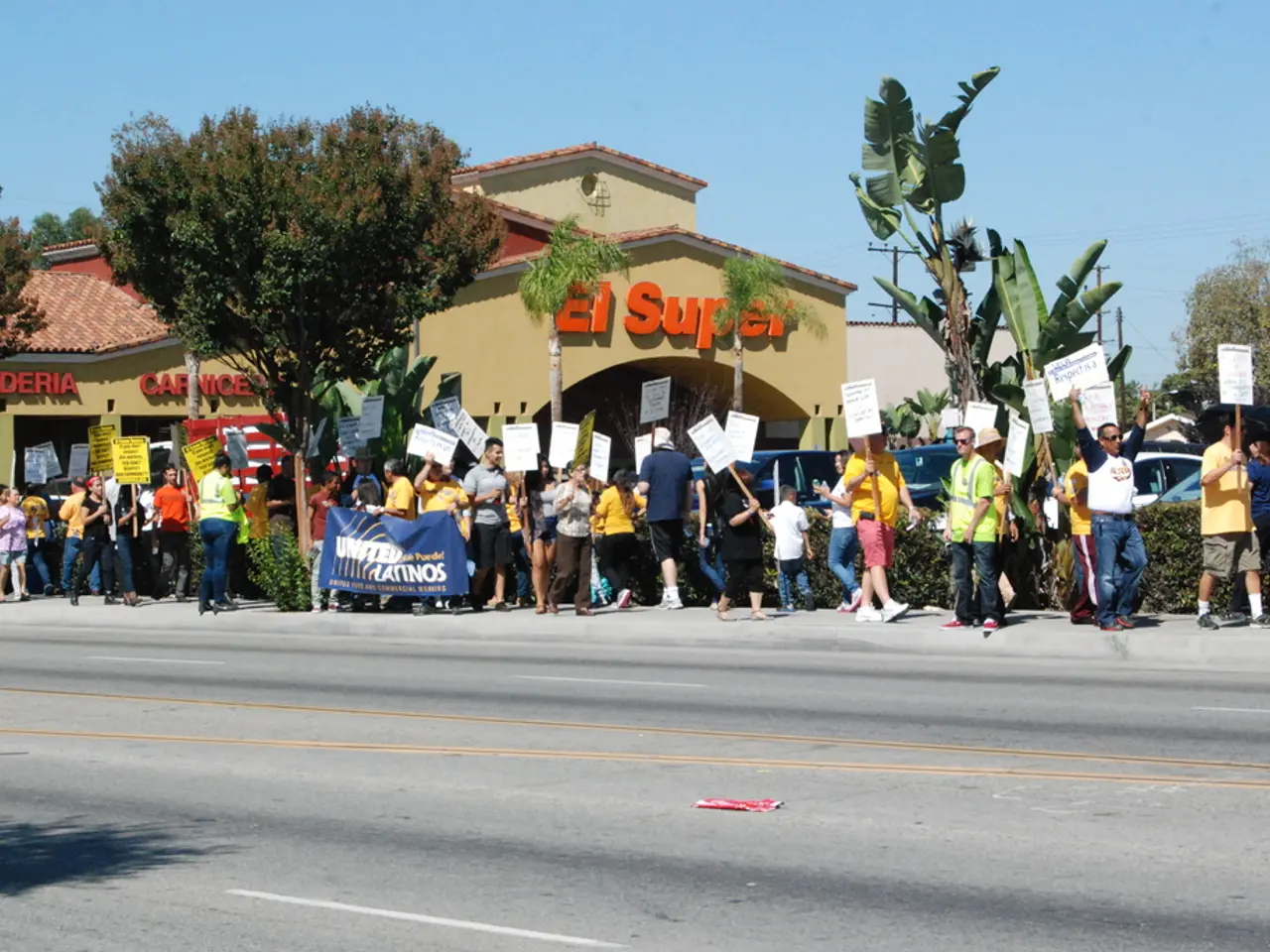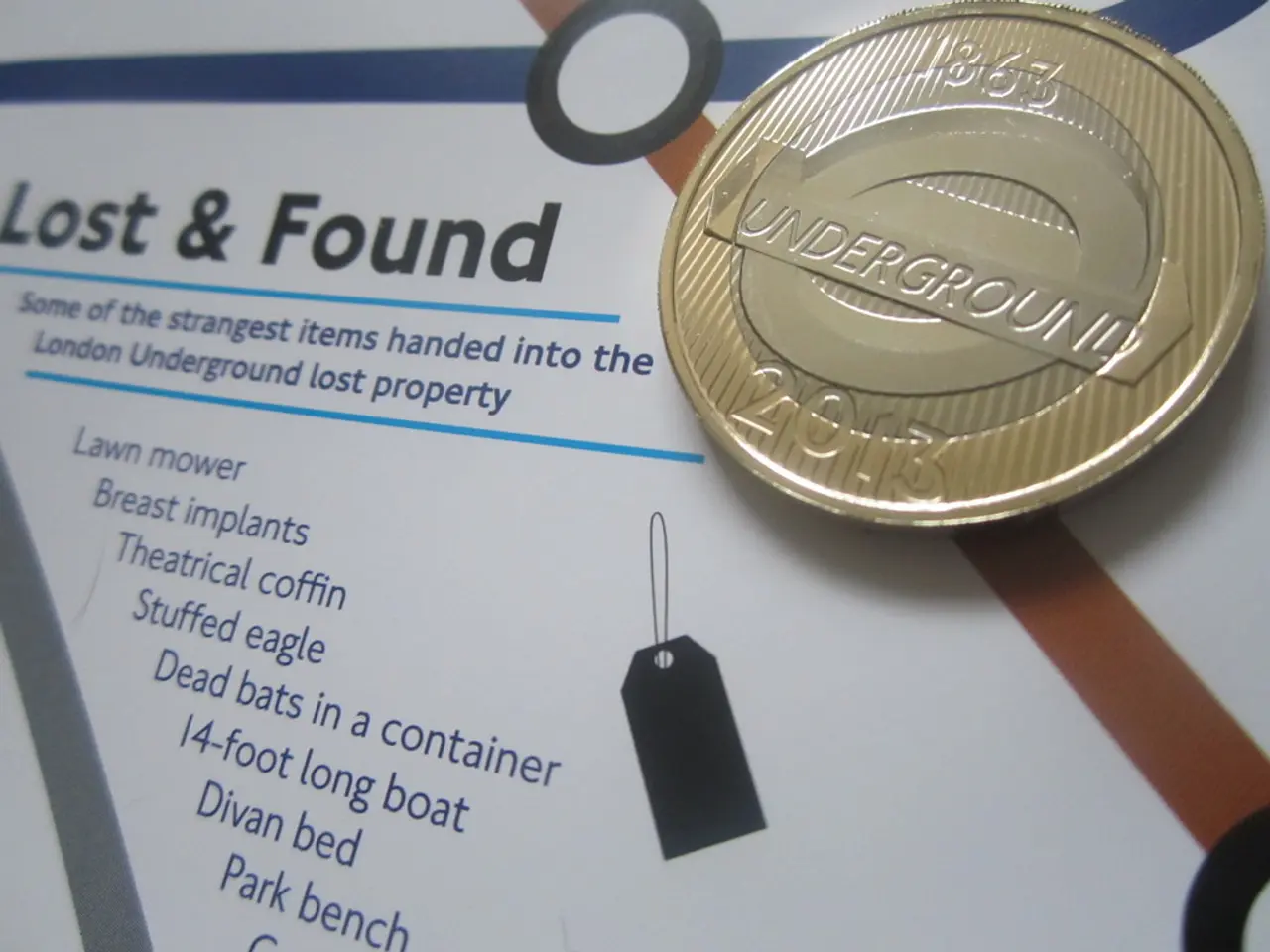NPR Reduces Finances to Bolster Funding for "Susceptible" Affiliate Broadcasters
The rescission of federal funding for the Corporation for Public Broadcasting (CPB) is causing concern among industry observers and public radio stations, particularly those in rural, indigenous, and community radio stations that heavily rely on these funds.
A report from Texas Public Radio details the actions NPR is taking to support its vulnerable member stations. NPR President/CEO Katherine Maher announced that the NPR board of directors decided to reduce its own operating budget to use as a "fee relief" for affected stations. This move is aimed at restarting the conversation with philanthropy at various levels, ensuring local reporting remains a priority.
The rescission, passed by Congress in July 2025, will cost public radio stations an estimated $350 million annually over the next two years. Support through CPB is critical for many local stations, with the most vulnerable in rural and remote communities. Some of these stations depend on federal funding for over 70 percent of their budgets.
Rima Dael, CEO of the National Federation of Community Broadcasters, has expressed concern about the impact of defunding public media on small towns and Tribal communities. Dael emphasized that the recent debate about NPR's editorial choices should not be used to justify dismantling this critical civic infrastructure.
The clawback of approximately $1 billion in funding from CPB will significantly strain these stations, many of which serve diverse, often underserved populations. The elimination of CPB support risks turning some local areas into "news deserts" by reducing resources available for public media.
In a commentary published by an unspecified website, Dael stated that defunding public media would gut the emergency lifelines these communities depend on. The loss of these stations could leave rural areas without a reliable source of information in emergencies.
Edith Chapin, the top editor and acting chief content officer at NPR, will leave her post at the end of the year, marking another major change ahead of NPR's next chapter. Chapin joined NPR from CNN in 2012 as chief international editor.
Maher believes this approach could help NPR navigate the challenging financial landscape ahead. She stated that the short-term step is to use the rest of the year to plan for how NPR will bridge what's to come in order to support and sustain the network for the future.
However, no new facts were presented regarding the potential closure of public radio and TV stations as a result of the funding cuts. There are 79 public radio and 33 TV stations in 34 states and territories that are vulnerable to closing down with the loss of federal funding.
The rescission package passed by the Senate in July 2025 cuts $1 billion from CPB's budget, fully rescinding previously approved federal funding for the next two fiscal years. Some congressional Republicans have criticized NPR and related media for perceived ideological bias but have acknowledged the importance of local public media stations, suggesting potential tweaks rather than complete elimination. The Senate debate revealed concern over the impact of the cuts, with warnings that zeroing out federal support could exacerbate information gaps in vulnerable communities.
In summary, the clawback of federal funding from CPB harms rural, indigenous, and community radio stations by cutting off critical funding that enables these stations to provide local news, educational content, and culturally relevant programming. This reduction threatens their operational viability and may reduce media access in already underserved areas.
- The financial strain on public radio stations, intensified by the withdrawal of $1 billion in funding from CPB, could lead to a rise in media deserts, specifically in rural and remote communities that heavily rely on federal aid.
- To cushion the impact of the funding cuts, NPR is considering finance-related measures like reducing its own operational budget and engaging in conversations with philanthropic organizations, aiming to ensure local reporting remains a top priority.





